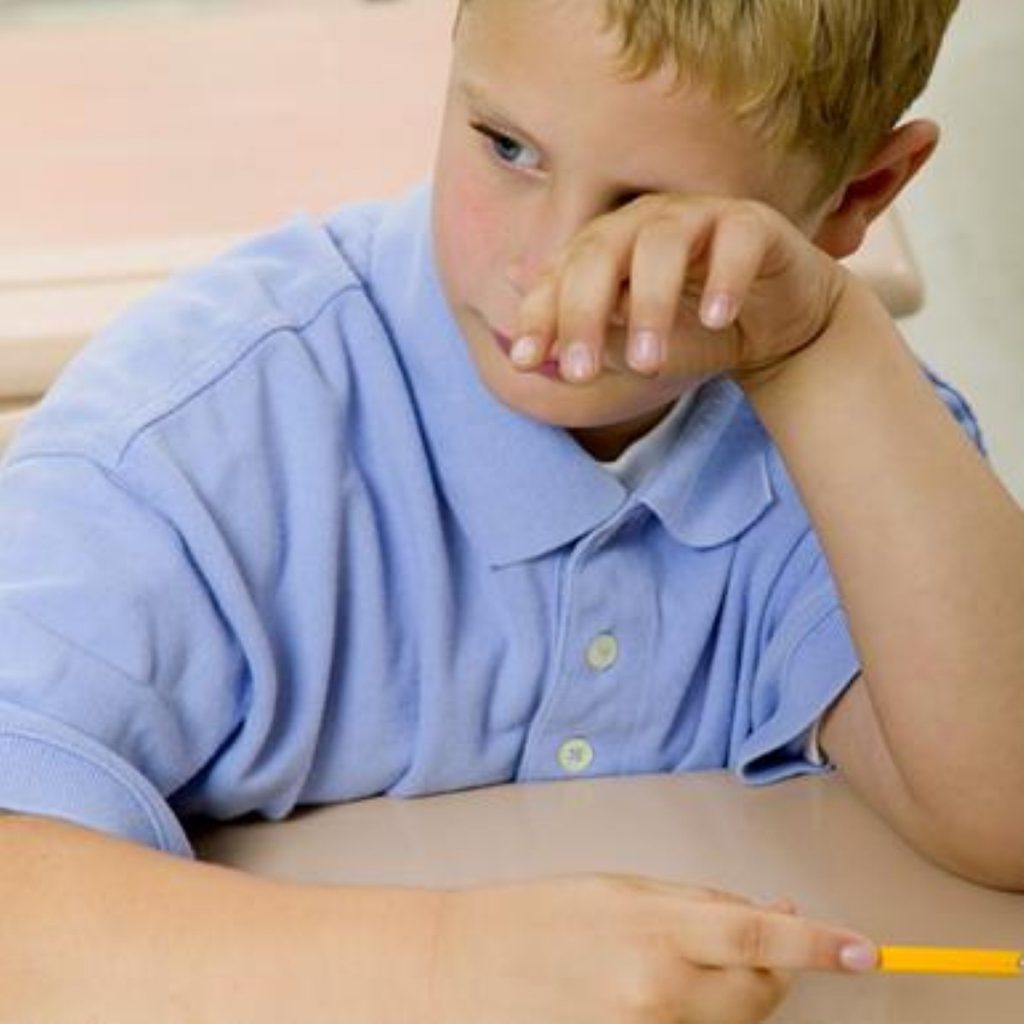UK bottom of the pile for child wellbeing
By Jonathan Moore
The UK has one of the worst records for child wellbeing in Europe, according to a new study released today.
Published by Child Poverty Action Group (CPAG) from research by the University of York, the results put the UK as 24th out of 29 countries, only ahead of Bulgaria, Romania, Latvia, Lithuania and Malta.
The results back-up a 2007 table by UNICEF which placed the UK at the bottom of a list of 21 industrialised nations for child wellbeing


“We need a frank focus on why other countries are doing so much better for their children,” said CPAG chief executive Kate Green.
“We need to rethink the place of children in today’s Britain and ensure the right to a good childhood is central to our national culture.
“We cannot afford a ‘do nothing’ budget for children. The report shows a clear link between high levels of child wellbeing and low levels of child poverty.
“If we fail to protect families during the downturn, progress on child wellbeing could go into reverse. The chancellor must take the final steps needed to keep the promise to halve child poverty by 2010.”
Though the results appear shocking, they cannot be taken as representing the current state of affairs as much of the data was taken from 2006. It does not, therefore, represent child wellbeing following recent government emphasis on improving the material circumstances, education and health of children.
The report notes that while these are admirable efforts, the research suggests there is an endemic problem in the UK which must be rectified in the coming years. It said: “It is the dose which has been inadequate, not the medicine.”
The data is also unrepresentative considering the change in economic circumstances following the global financial crisis. For example, under the field of material resources – relating to things such as “economic strain” and “parental worklessness” – the country listed at the top of the table is Iceland, but considering the country experienced total economic collapse last year this is unlikely to still be the case.
The report recognised these failings in the data and said it did not use them to argue against current policy but instead used them as “a justification of policy focused on tackling child poverty and a demand for much more radical action”.
Liberal Democrat schools spokesman David Laws said: “In spite of 12 years of rhetoric, Labour has failed to deliver the reduction in child poverty and improvement in child welfare it promised.
“Although the massive budget deficit makes tackling Britain’s shameful position in this league table more difficult, the government must take action in tomorrow’s budget to cut child poverty and increase opportunities.”
He added the report showed a need to make the tax system fairer to help the most disadvantaged young people.
In 1999 the Labour government pledged to halve child poverty by 2010 and tomorrow’s budget will be the last chance for the chancellor to implement the policies required to meet that target.









